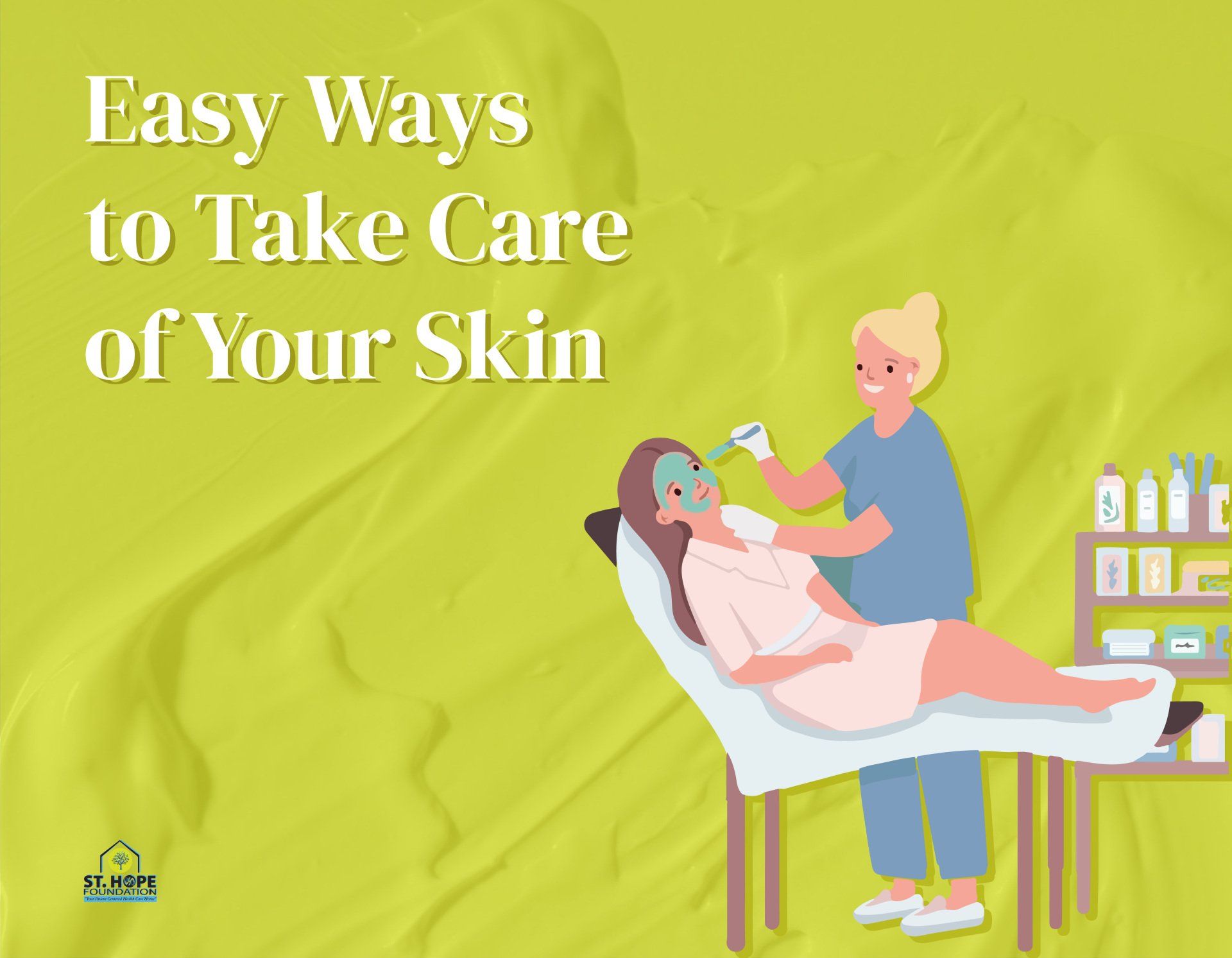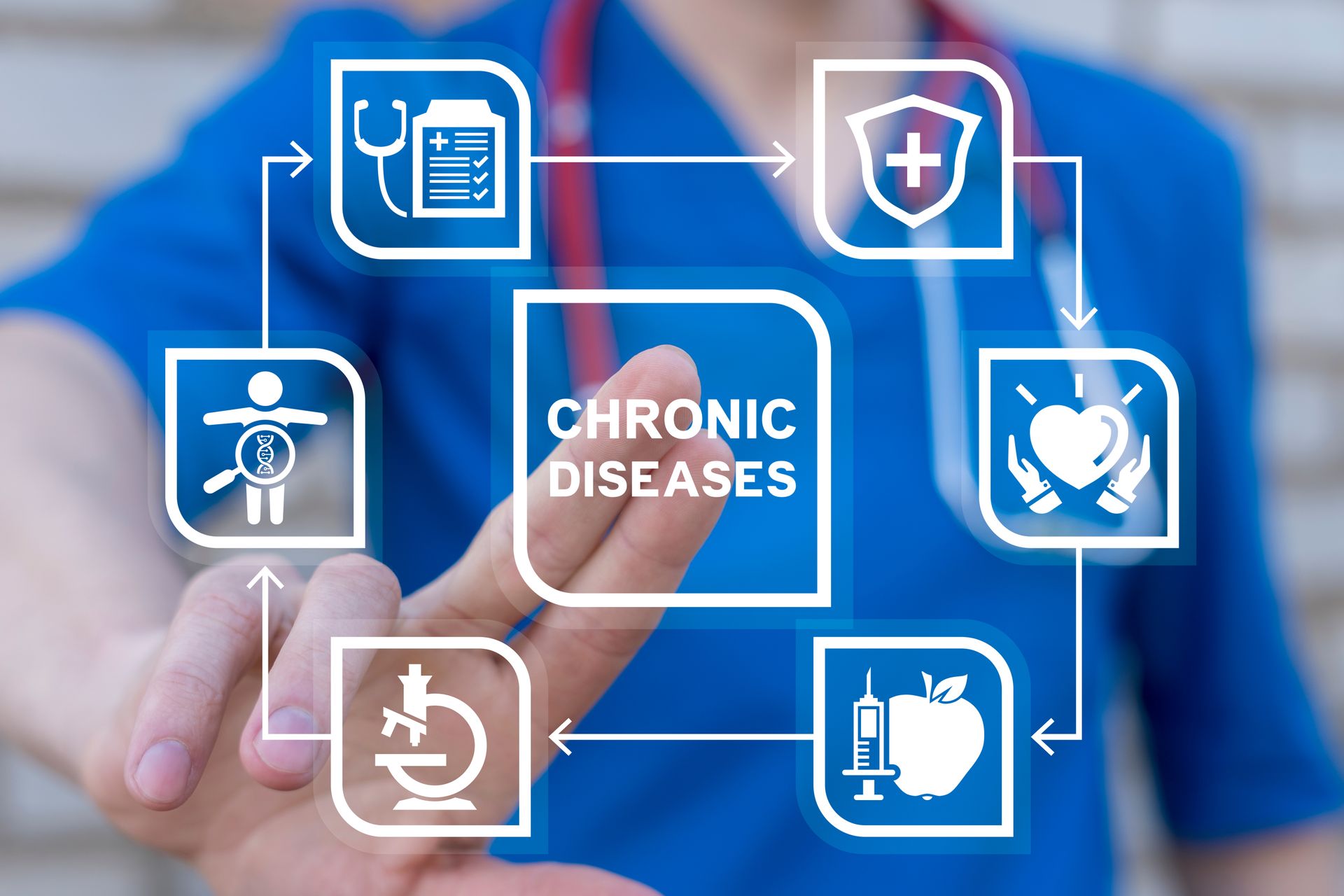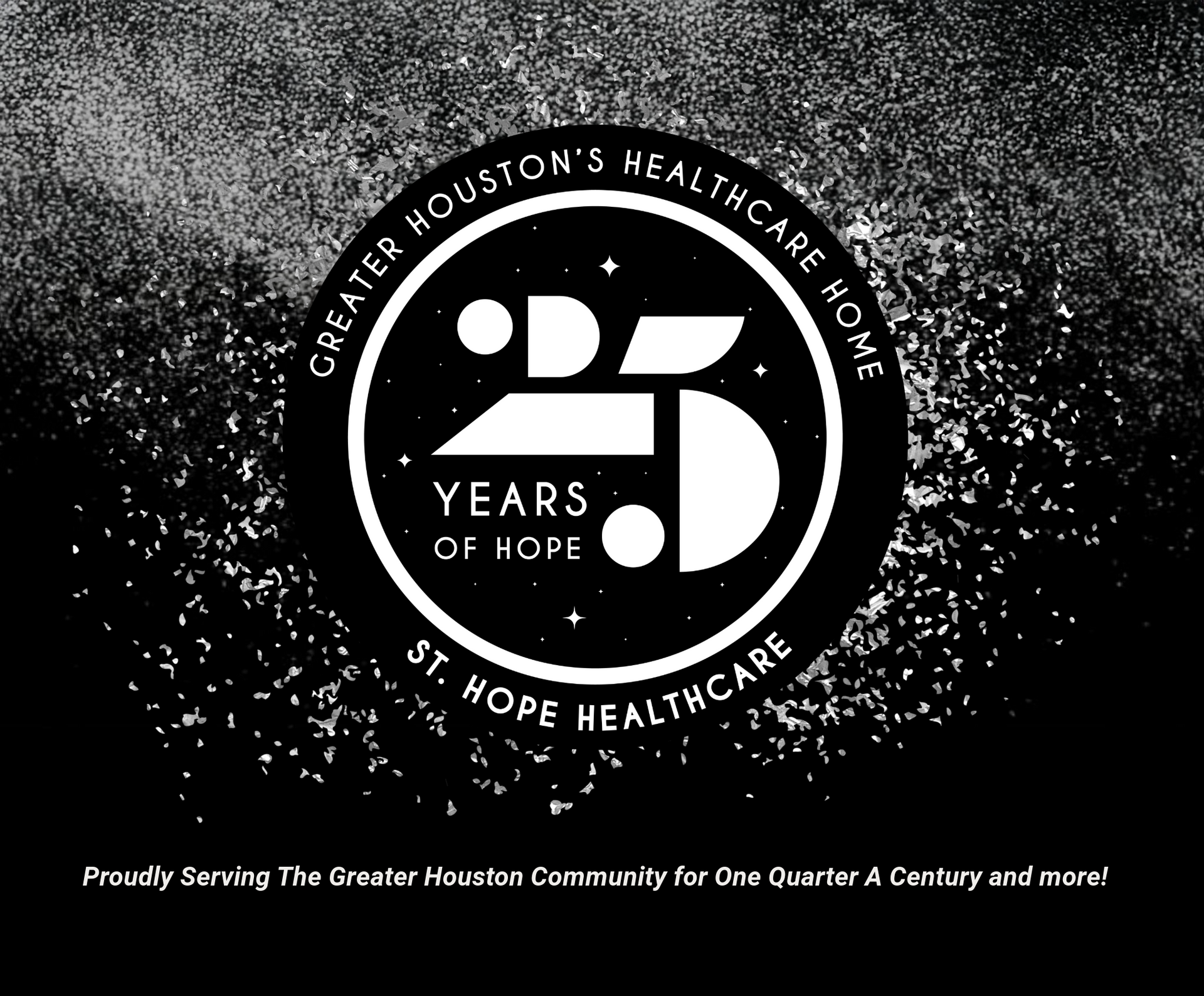Recent Posts
Easy Ways to Take Care of Your Skin

Washing your face is maybe the most commonly recommended aspect of basic skin care. It helps remove dirt, oil and bacteria as well as old skin cells and other pollutants. But there’s a lot more you can do to protect your entire body’s skin and improve overall skin health.
Sleep
The concept of getting your “beauty sleep” is rooted in very real science. Studies have shown that getting between seven and nine hours of sleep per night results in:
- Superior skin moisturization
- Skin that heals better from ultraviolet light (better at repairing sun damage)
- More attractive skin (according to study participants’ self-evaluations)
- Less puffy eyes (dark circles / bags under the eyes)
Getting enough sleep isn’t always easy. Parents, people with demanding jobs and people who struggle with insomnia might find it difficult to get an adequate amount of sleep every night. Insomnia sufferers in Houston should strongly consider contacting a primary care physician at St. Hope Foundation to learn about ways to improve their sleep.
Exercise
If you are struggling with sleep, you might want to consider exercising more frequently. Studies have found aerobic exercise can have an affect similar to sleeping pills. For optimal results you should try to exercise at least one or two hours prior to trying to sleep. There’s also evidence that exercise in the morning can help your body wake up, since an elevated core body temperature triggers the brain into awake time. That’s also why people feel more awake after a hot shower in the morning.
How Is Exercise Good for Skin Health?
Improving sleep isn’t the only benefit of exercise. Exercise increases your heart rate, which improves blood circulation. Better circulation means more oxygen and nutrients are being delivered to your skin, promoting collagen production, new skin cell growth and overall skin health. Sweating can also help clear out your pores as long as your pores aren’t clogged before you begin working out.
That means you should clean off makeup or other skin-care products (other than sunscreen if you’re going outside) prior to starting your workout.
Stay Hydrated
There’s a debate over how important hydration is for your skin, with some dermatology specialists suggesting drinking an adequate amount of water can help improve skin elasticity and reduce oil production. Keeping your skin hydrated can prevent dry, rough and itchy skin.
There are a variety of things you can do to improve skin hydration and reduce dry skin:
- Deodorant, soaps and certain skin care products that contain alcohol, chemical fragrances, alpha hydroxy acid or retinoids can potentially dry your skin
- Prolonged hot baths or hot showers should be avoided
- Wearing gloves outside when the weather is cold can help prevent skin drying
- Don’t use overly abrasive skin cleaners
- Moisturize after bathing or washing your hands
- Consider running a humidifier if your home is particularly dry
Wear Sunscreen and Avoid Overexposure to UV Rays
Photoaging, or sun damage, is a very real problem. Photoaging is an apt name for sun damage since the affect does make people look older. UV light can do damage to your skin on the cellular level, resulting in:
- Wrinkles
- Brown spots
- Uneven skin texture
- Broken capillaries
- Skin cancer
- Age spots or liver spots
- Blotchiness
There are a few things you can do to protect your skin from sun damage. Maybe most importantly you should minimize the time you spend in direct sunlight when the UV Index in your area is particularly high. You can find the UV Index for Houston here. The UV ray exposure is at its peak during the roughly middle six hours of the day – either 10 a.m. to 4 p.m. or 9 a.m. to 3 p.m., depending on daylight savings time.
You should also regularly apply sunscreen, especially if you know you’ll be in the sun for a prolonged period of time. The FDA’s minimum recommendation for sunscreen strength is SPF 15, but you should ideally be looking for Broad Spectrum sunscreens that are at least SPF 30.
Also consider wearing a hat and sunglasses if you know you’ll be exposed to a lot of UV rays.
Get Advice to Improve Your Skin Health in Houston
The primary care physicians at St. Hope Foundation are committed to your whole-body health, including your skin health. In addition to making skin health suggestions your doctor can also check any problems spots to see if you might benefit from further testing. They can also help you find a dermatologist if you have any concerning skin symptoms.
People with vision issues related to sun damage might also want to schedule an eye exam with our specialists at St. Hope Foundation’s Vision Program.
Call (713) 778-1300 to schedule your appointment today.









